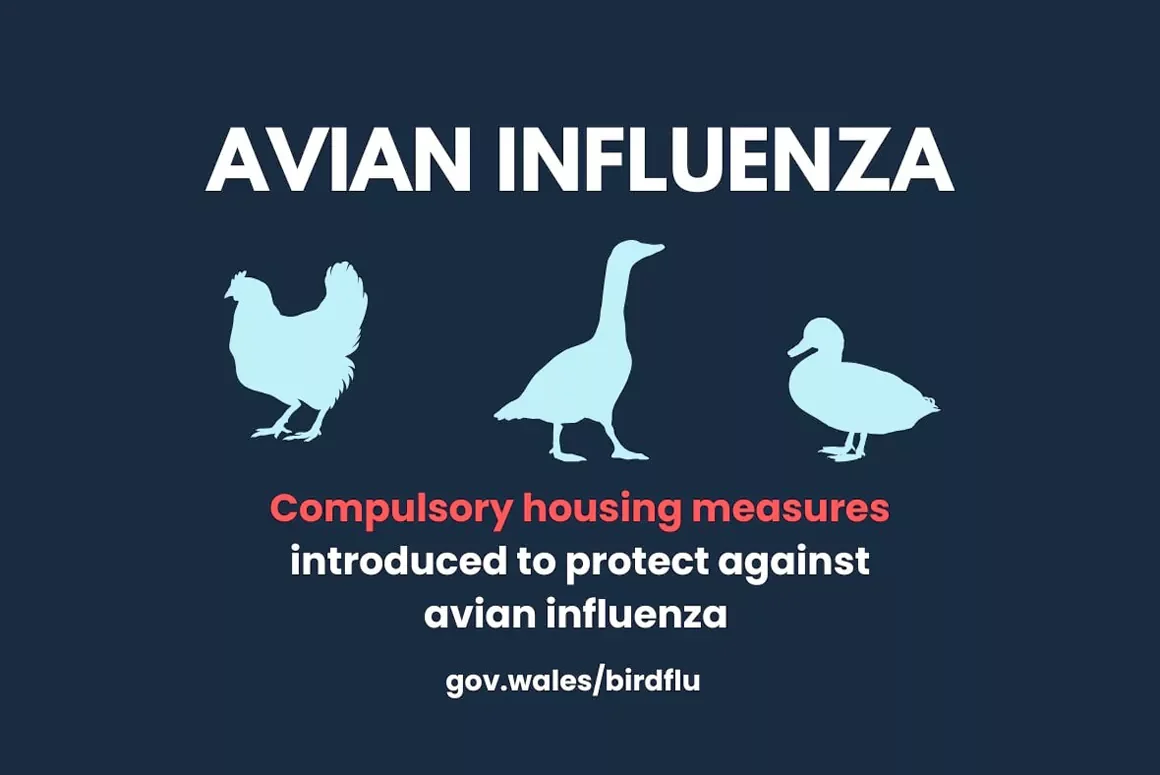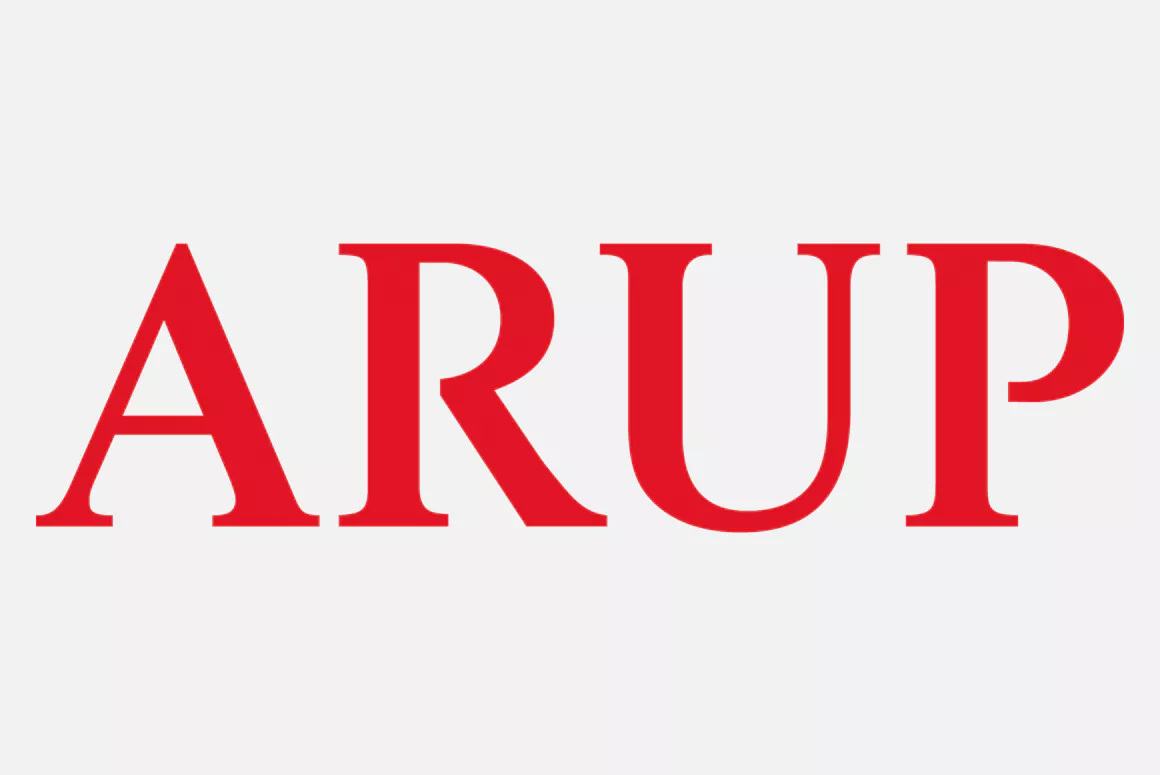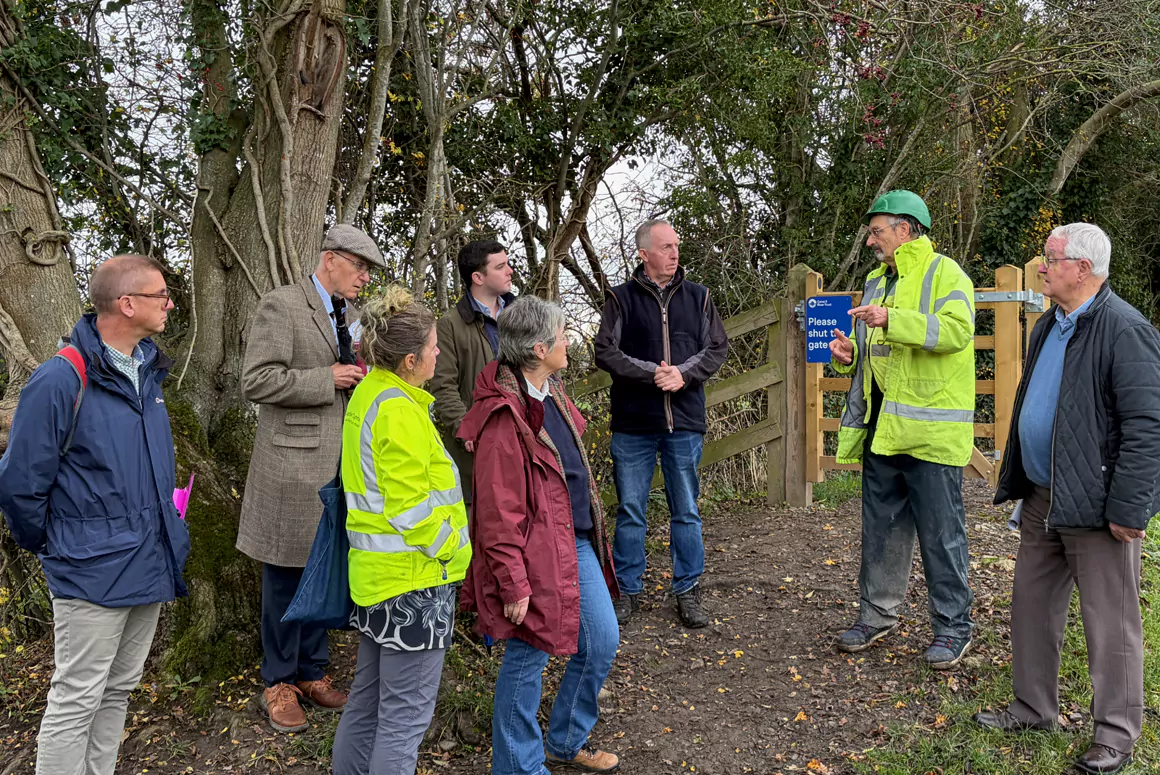Poultry and captive bird keepers in Wales must house their birds from Thursday 13 November as measures are introduced to combat the heightened risk of avian influenza.
Wales is facing a significantly elevated threat due to a growing number of cases in both kept and wild birds across Great Britain.
Avian influenza is of serious concern, not only for animal health and welfare, but also to the sustainability of food production and public health.
From Thursday November 13 it will be a legal requirement for all keepers of 50 or more birds of any species to house them.
Mandatory housing will also apply to flocks of less than 50 birds of any species if eggs or poultry products are sold or given away, due to the increased risk of disease transmission associated with trading or giving away poultry products.
Additional biosecurity requirements will also be introduced for the gamebird sector, which experienced avian influenza outbreaks last season.
The new compulsory housing measures will be incorporated into the existing Wales Avian Influenza Prevention Zone (AIPZ) introduced in January.
Deputy First Minister with responsibility for Rural Affairs, Huw Irranca-Davies, said:
“We keep measures under active review. Since the Avian Influenza Prevention Zone was introduced at the start of the year, the risk of disease has recently increased further, and Wales is now facing a very high level of avian influenza risk.
“The decision has not been taken lightly, but it is necessary to protect both our bird populations and the livelihoods of poultry keepers across Wales.
“I urge all bird keepers to comply with these requirements and maintain the highest standards of biosecurity. I recognise this will be challenging, but by acting now we can help prevent the spread of this disease and protect our flocks.”
Chief Veterinary Officer for Wales, Dr Richard Irvine, said:
“We are seeing a sharp increase in the number of avian influenza cases in kept and wild birds. In the face of the current very high risk levels, we are now introducing mandatory bird housing measures, which will apply across the whole of Wales.
“I appreciate the impact these measures have on keepers, and remain grateful for their continued cooperation to protect bird health and welfare.
“Housing measures can help protect birds from the threat of disease, but they are not a substitute for stringent hygiene and biosecurity.
“I strongly advise keepers to act now and familiarise themselves with the steps they need to take to protect their birds. This includes using the mandatory biosecurity checklists available online.
“Everybody should continue to remain vigilant, report any suspect cases of disease immediately, and ensure they are following the mandatory enhanced biosecurity requirements to protect your birds.”
The housing order and AIPZ will be in place until further notice and will be kept under regular review as part of the Welsh Government’s work to monitor and manage the risks of avian influenza, along with the Animal and Plant Health Agency and the other UK administrations.





